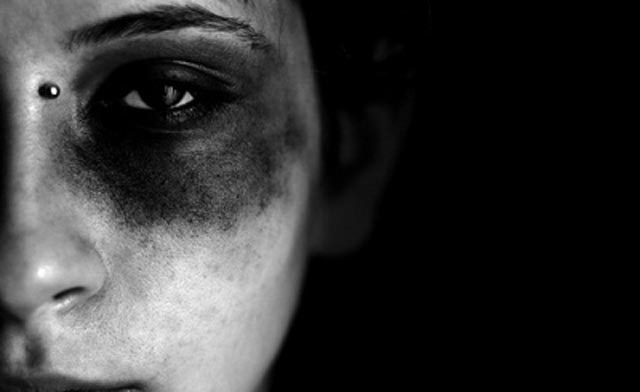Yes, the story of Priyanka Reddy’s brutal rape and murder in Hyderabad cannot be forgiven. It reminds us of how hostile and inhospitable our nation is for women and for their dreams and aspirations. The national outrage, the angst among ordinary men and women against the persistent rape culture in India reached its climax in the last couple of days, but today the four accused in the heinous crime have been shot dead in an encounter with the Hyderabad police. While many are celebrating the fate of the perpetrators, others are looking at the wider implications of superseding judicial procedures as far as delivering justice is concerned.
It is at this moment that we need to reflect on the issue and revisit the very roots of a social fabric that supports, celebrates and manufactures attitudes that are against women.
Rape cases in India can be understood as a cultural paradigm in the country that seeks to normalise violence against women. Due to its deeply embedded patriarchal outlook, the Indian society often engages in a set of attitudinal and behavioural responses whenever women are raped, sexually violated or oppressed under the macho but narrow and chauvinist male pride.
We are a culture that engages in victim blaming, slut-shaming and continual sexual objectification of women through their representation in media and the larger market induced culture that reduces women into ‘lust objects’.
No wonder, whenever an incident of rape occurs in India it does bring about political commentary, engaged participation of activists, lawyers and women’s groups but the ways in which they react seem to be quite predictable. Some find a way to blame the raped woman for her destiny or for her life choices, while others demand stricter laws and harsher punishment for the accused.
While it must be acknowledged that castration, lynching or public hanging of the accused is certainly an insult to the rule of law, a call for stringent action, specialised trial and channels for speedy justice and acute punishments for the rape accused are also important.
In 2013. India did get a stricter rape law in response to the widespread people’s outrage after a paramedical student in Delhi was gang-raped in December,2012. The law was called the Criminal Law Amendment Act,2013.
This law was important as it expanded the definition of rape. It is also important to note that while the punishment for rape remains imprisonment for seven years extendable to a life term, the new law orders that those proven guilty on charges of rape will be given 20 years of imprisonment for gang-rape and allows death penalty for repeated offenders. Moreover, other legal additions like the introduction of death penalty for the rape of children under the age of 12 under the Juvenile Justice Act have made anti-rape laws more stringent in recent years.
Legal experts assert the laws are stringent enough now, but the question is why haven’t we been able to deal with and curb the culture of rape despite all these legal measures?
Do stricter punishments or the fear of surveillance really work to make the society safe for women? Since 2013, how effective has delivery of justice become in rape cases?
Research shows that while strict punishments and speedy justice can be an important legal step, it is not enough to reduce violent crimes. Are we collectively working as a society towards bringing about a culture that looks at a woman beyond her ‘objectified’ body or is comfortable with her presence in the public sphere?
Are we doing anything about initiating behavioural, ethical and moral change at the roots of our social fabric?














